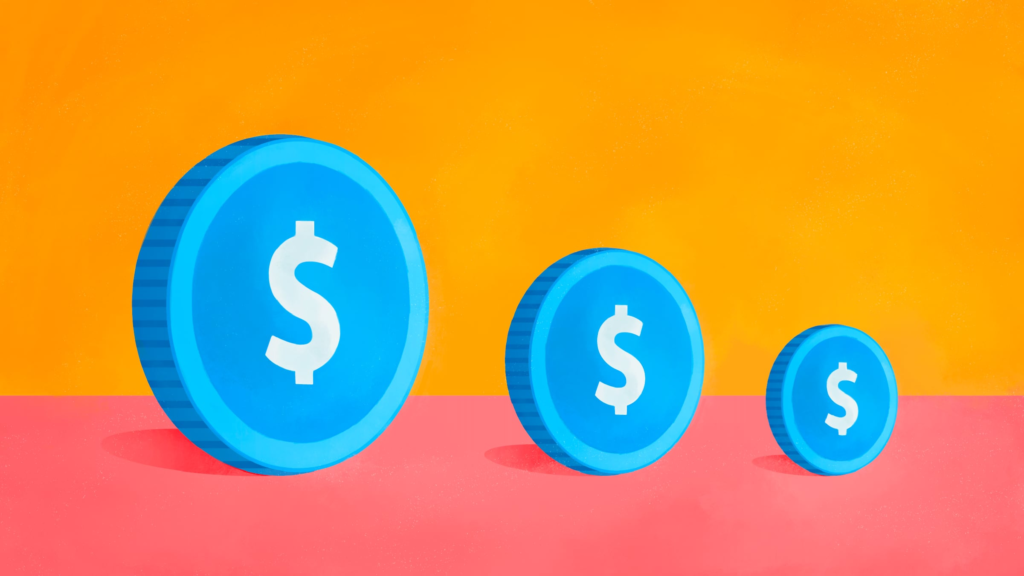Gold has a well-burnished reputation as an inflation hedge, and gold aficionados often point to gold’s ability to hold its value over time. In a well-worn piece of investment folklore, it’s often said that one ounce of gold should roughly translate into the price of a high-quality men’s suit, for example.
Gold’s popularity as an inflation hedge is one of the reasons behind its recent surge. (Others include massive levels of buying by central banks looking to diversify their reserves beyond the US dollar, as well as investors seeking a safe haven amid heightened levels of geopolitical and macroeconomic uncertainty).
But are investors making the right move by heading into gold as an inflation hedge? Here, I’ll look at how gold has historically fared during periods of higher inflation, as opposed to commodities. Spoiler alert: Gold has a mixed record as an inflation hedge, but commodities are more reliable.
Lessons From History
Commodities are typically defined as raw materials or basic agricultural products that are interchangeable with other products of the same type. Some of the most common types of commodities include energy (such as crude oil, natural gas, and gasoline), and agricultural goods (such as corn, wheat, soybeans, and coffee). But commodities also encompass metals such as gold, silver, copper, and platinum. Both gold and other commodities can be both traded and used as investment assets, either through direct ownership, futures contracts, or commodity-focused funds.
As shown in the table below, commodities were more consistent as an inflation hedge. They outpaced inflation in all five of the periods shown, while gold fell behind in two of the five periods. Gold did excel during the two separate inflationary periods in the early and late 1970s, when surging oil prices, tight labor markets, and a rapidly expanding monetary supply pushed inflation to historically high levels in the United States. It also posted strong gains during the more muted inflationary environment from September 2007 through July 2008, when consumer prices rose more than 5% thanks to broad-based price increases in oil and food prices and rising demand from emerging markets.
However, it fell behind in the late 1980s, when the consumer price increase rose by about 20% from February 1987 through November 1990. During the most recent inflationary spike from mid-2021 through March 2023, gold prices rose, but cumulative returns lagged the broader commodity index by about 13 percentage points.
One reason for commodities’ more reliable record as an inflation hedge is simple: Commodities such as oil and natural gas are some of the components that make up the Consumer Price Index, so it makes sense that their prices tend to rise when inflation is increasing. More broadly, commodity prices are driven by supply and demand, and demand for commodities tends to increase during periods of robust economic growth. Strong economic growth—especially when accompanied by a tight labor market—is also one factor that can lead to periods of higher inflation.
Gold is less tethered to inflation for a few different reasons. Gold prices often reflect a variety of idiosyncratic factors, such as geopolitical uncertainty, expectations for interest rates, central bank reserve policies, and changes in supply from shifts in mining production or recycling. In the late 1980s, for example, gold prices stagnated partly because the higher inflation-adjusted yields available on bonds increased the opportunity cost of holding non-income-producing assets such as gold.
Other Issues to Consider
Another issue to consider is potential overlap between broad-based commodity funds and gold-focused offerings. The Bloomberg Commodity Index, a popular benchmark for commodity funds, carves out about 14% of its assets for futures contracts on physical gold. In other words, if you already own a broad-based commodity fund, you’re likely getting some exposure to gold as part of the mix.
Moreover, both gold and commodities have lagged stocks by a wide margin over longer periods. Both asset classes have gone through multiyear cycles where performance tends to wax and wane. For investors buying gold or commodity ETFs that invest in futures contracts, roll yield can be a significant influence on returns. If future-dated contracts have higher prices than current-dated contracts (a common pattern known as contango), the return impact is negative, as investors effectively sell low as contracts expire and buy at a higher price.
Finally, both gold and commodities have been subject to a fair amount of volatility and drawdown risk. On a risk-adjusted basis, neither asset has been particularly compelling over longer periods.
As a result, most long-term investors will probably want to limit their allocations (if any) to a small percentage of the portfolio. But for investors specifically seeking a hedge against inflation risk, commodities look like the better bet as opposed to gold.

